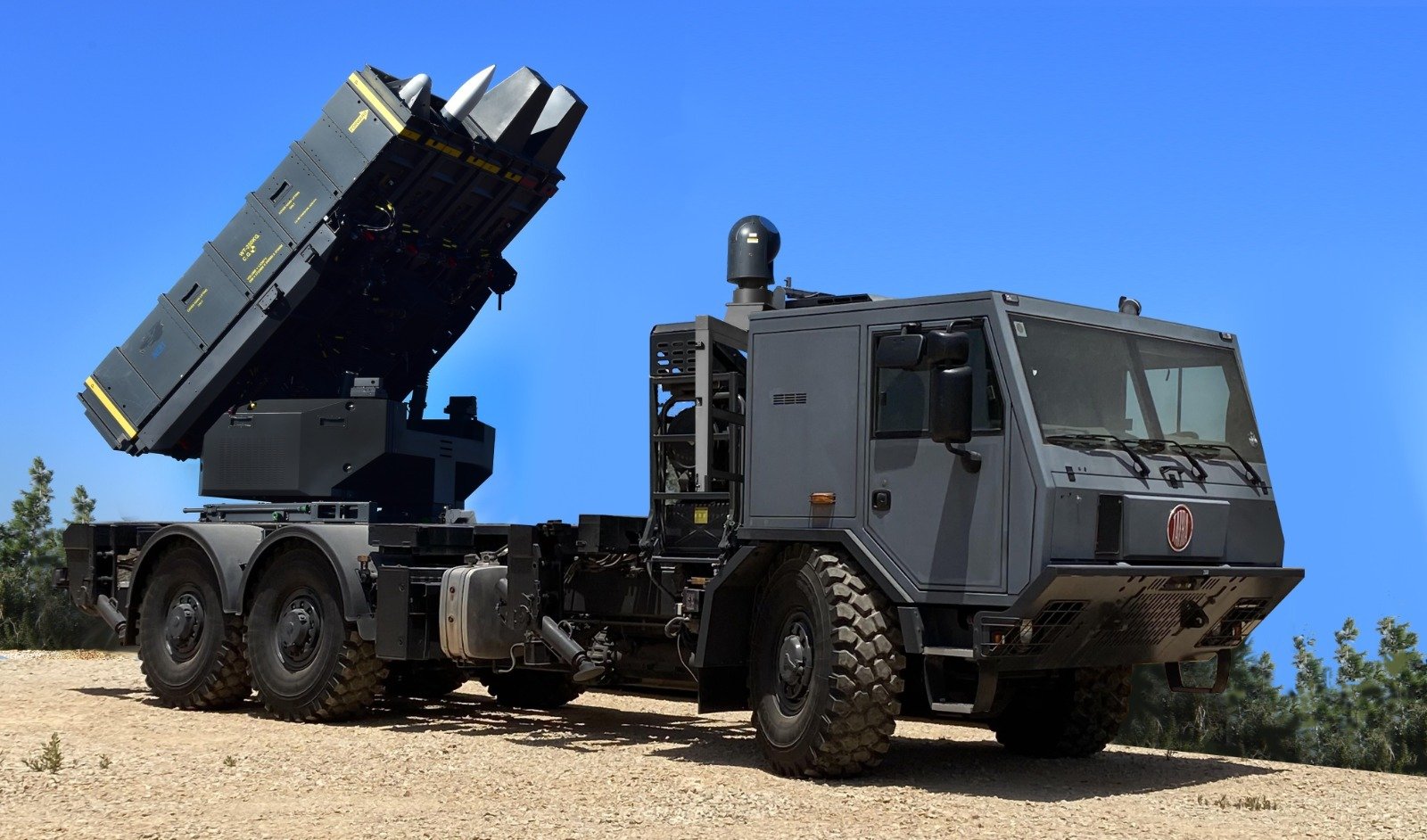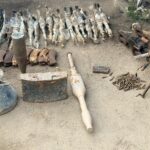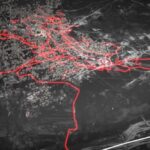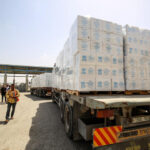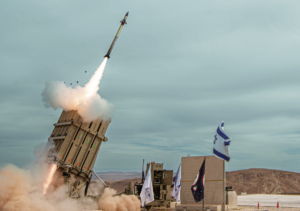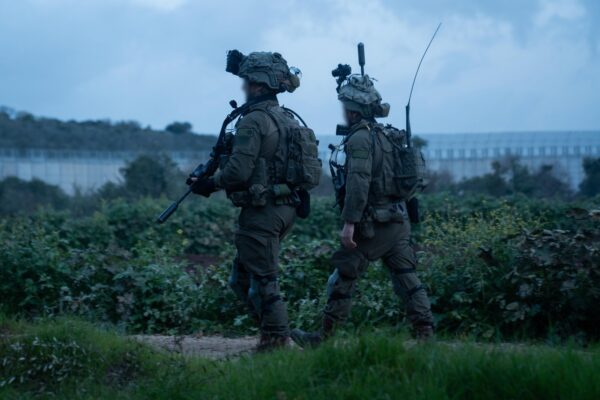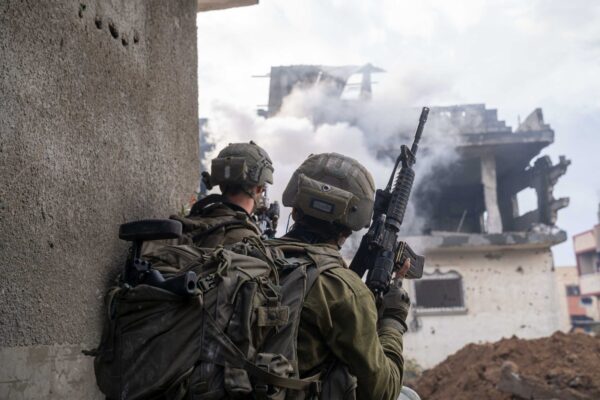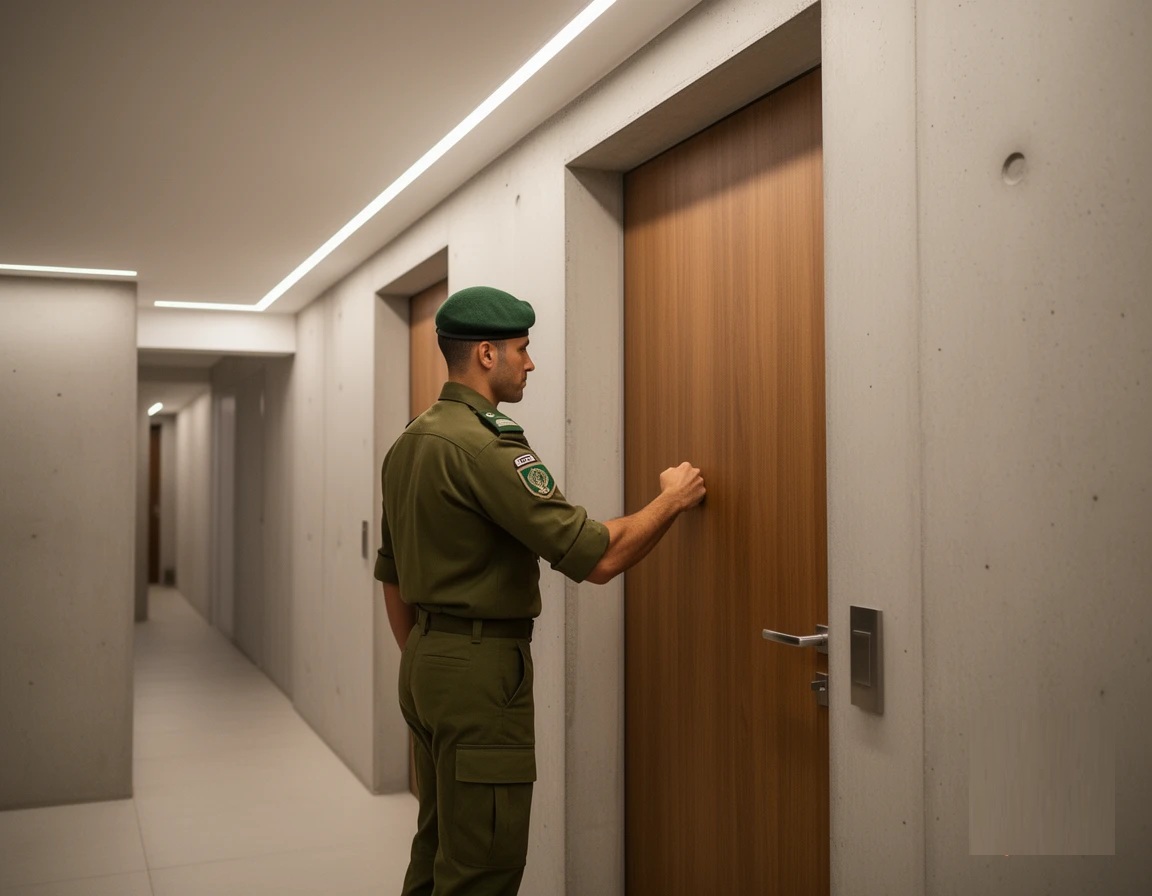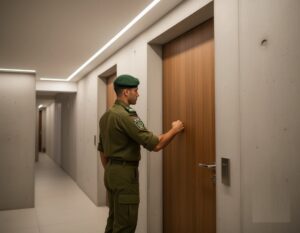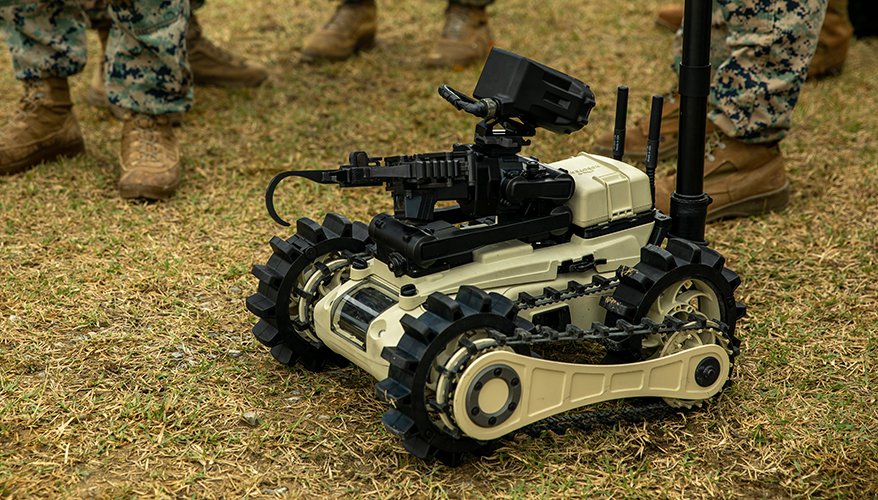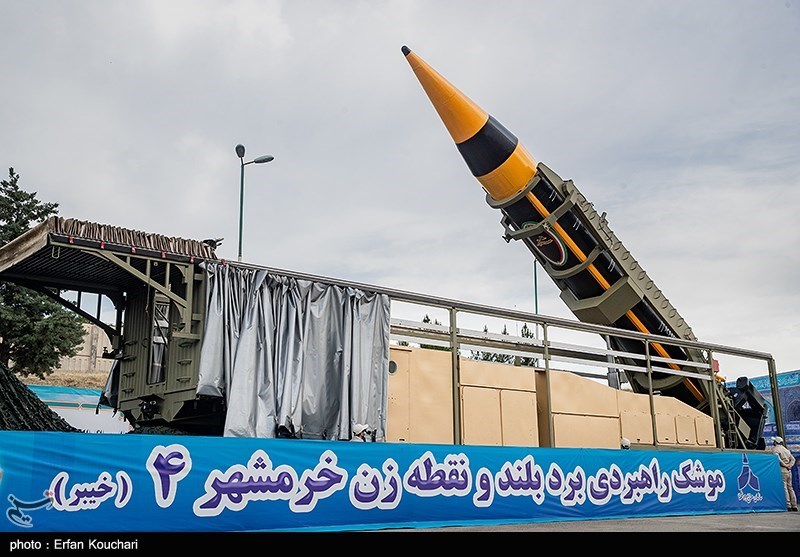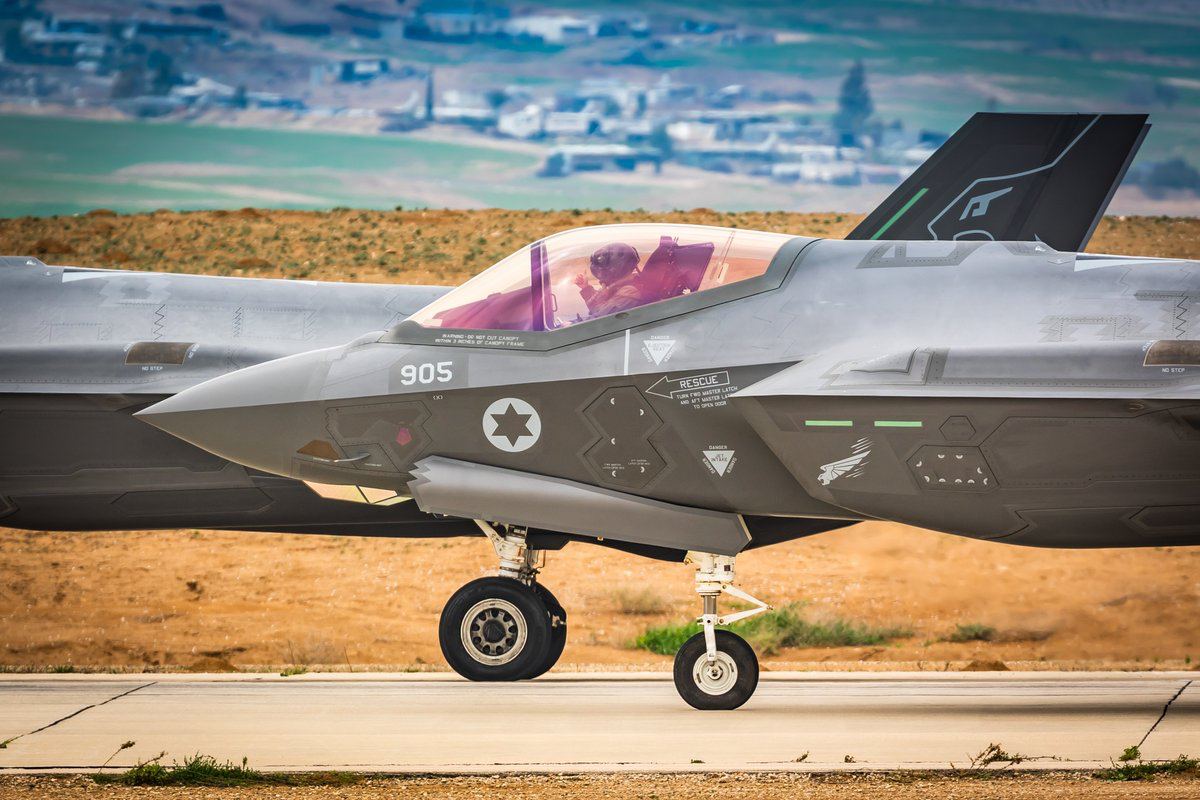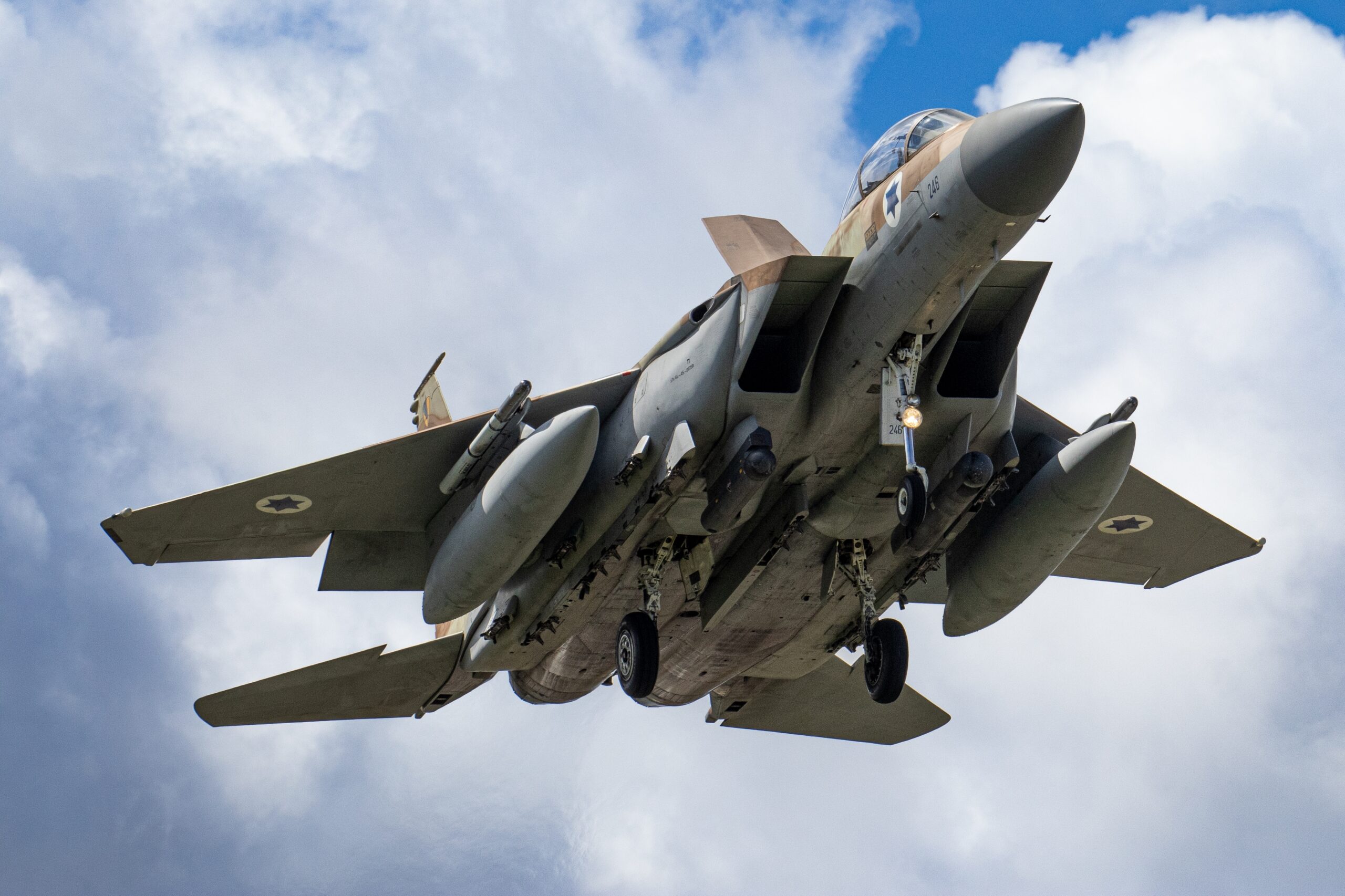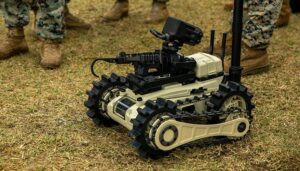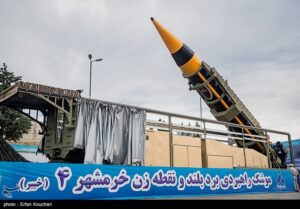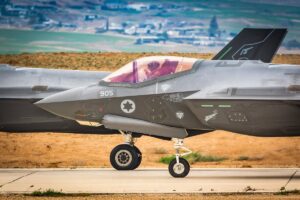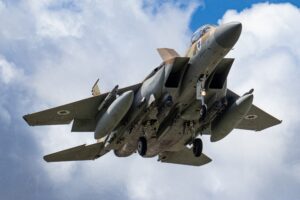SPYDER’s popularity stems from its balance of cost-effectiveness, combat-proven reliability, and adaptability.
By Hezy Laing
Israel’s SPYDER air defense system has become one of the world’s most popular ground based air defense systems.
Designed Rafael Advanced Defense Systems it can intercept a wide range of aerial threats—including aircraft, helicopters, UAVs, and cruise missiles.
It does it by using two types of missiles: the Python-5 and Derby, both originally developed for air-to-air combat and adapted for ground launch.
SPYDER offers rapid reaction times, 360-degree coverage, and all-weather capability, making it suitable for both fixed installations and mobile deployments.
It comes in several variants: SPYDER-SR (short range), SPYDER-MR (medium range), and SPYDER-LR (long range), with engagement ranges extending up to 80 kilometers depending on the configuration.
Rafael, one of Israel’s leading defense firms, is responsible for the system’s development, with support from Israel Aerospace Industries (IAI) for radar integration and Elta Systems for surveillance components.
The system’s modular design allows it to be tailored to the specific needs of client nations, contributing to its widespread appeal.
Unlike some Western systems that require extensive infrastructure, SPYDER’s plug-and-play nature and ease of deployment make it attractive to countries seeking rapid air defense solutions without sacrificing performance.
SPYDER’s popularity stems from its balance of cost-effectiveness, combat-proven reliability, and adaptability.
Compared to systems like the UK’s CAMM-ER or South Korea’s KM-SAM, SPYDER offers comparable range and interception capabilities but with greater mobility and simpler logistics.
It has been showcased at international defense expos and has consistently drawn interest from nations looking to modernize their air defense without committing to more expensive or infrastructure-heavy platforms like Patriot or S-400.
As of late 2025, SPYDER has been sold to almost a dozen countries.
India was one of the earliest adopters, deploying the system along its borders for both strategic and tactical defense.
Other confirmed operators include Vietnam, Singapore, Georgia, Peru, and the Philippines.
Romania recently signed a landmark $ 2.2 billion deal to acquire SPYDER batteries, marking Israel’s second-largest defense export ever.
The system’s growing footprint reflects its reputation as a reliable and flexible solution for modern air defense needs.
While not part of Israel’s own multi-layered defense network, SPYDER remains one of the country’s most successful defense exports, reinforcing its status as a global leader in missile defense technology.
The SPYDER system was first conceptualized in the early 2000s by Rafael to meet growing global demand for mobile, multi-role air defense.
It evolved from Rafael’s air-to-air missile expertise, particularly the Python and Derby series, and entered service in 2005.
Since then, it has undergone several upgrades and export expansions.


